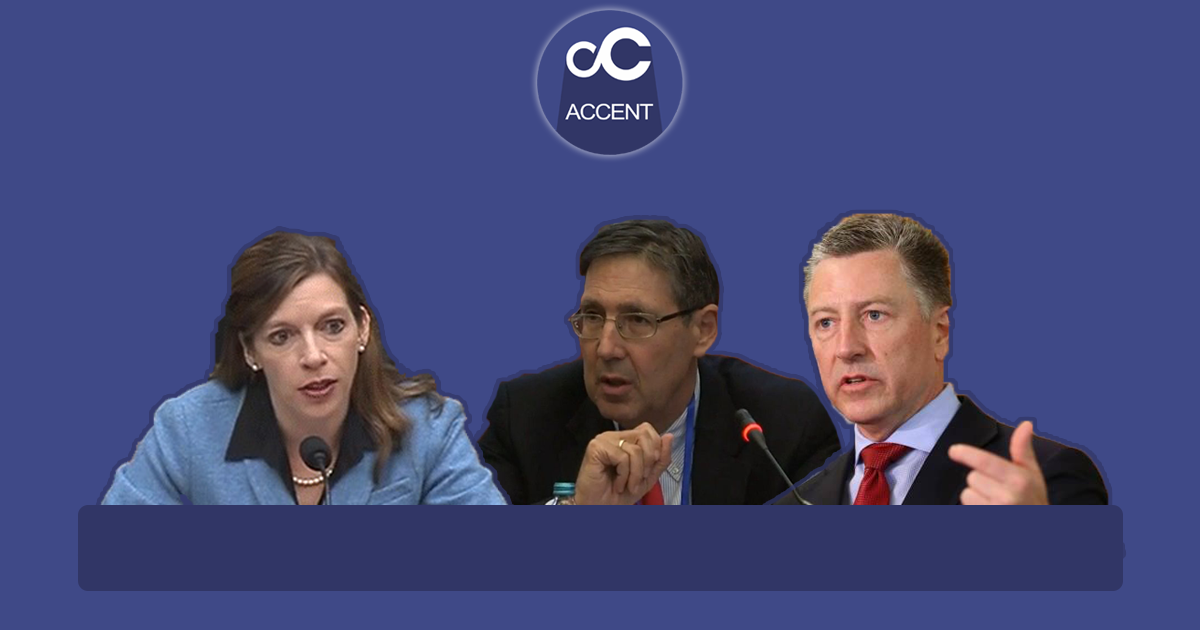
GIP: Two Scenarios for the Decision on Georgia’s EU Candidate Status: Implications and Policy Recommendations
27/10/2023 12:33:22 Politic
The Georgian Institute of Politics (GIP) has published the "Two Scenarios for the Decision on Georgia’s EU Candidate Status: Implications and Policy Recommendations" Report.
According to GIP, analysis of both scenarios reveals significant risks and opportunities for Georgia.
"Under the positive/optimistic scenario, Georgia will have an opportunity to mend its strained relationship with the EU. But this depends on the extent to which the Georgian government fulfills its own obligations, and agrees to a power sharing arrangement such as that envisaged in the Charles Michel agreement between it and opposition parties in 2021 . While this would not eradicate polarization within Georgia, granting candidate status would be the best way to advance a reform agenda that would strengthen Georgian democratic institutions, and mitigate further radicalization in Georgian politics. Concurrently, the EU would likely enhance its geopolitical influence in the region and encourage Georgia to align more closely with it. However, there is a risk of further political deadlock if the incumbent government monopolizes the credit for these developments without making tangible progress on essential reforms.
In the case of the negative scenario, the EU’s (geo)political influence in Georgia and the volatile South Caucasus region is likely to weaken. Its soft power may decline, leading to a concomitant strengthening of Russian malign influence. The consequences for Georgia could be even more severe, potentially plunging the country into a cycle of intensified polarization, political instability, and authoritarianism. Georgia may become detached from Europe and the Associated Trio, both geopolitically and normatively. Its vulnerability to Russian hybrid warfare tactics, propaganda, domestic interference, and corruption will increase, potentially derailing Georgia from its democratic development and Western integration," the report said.
GIP said that the EU's core dilemma appears to center around engaging with Georgia’s erratic and increasingly authoritarian government, which has only partially met the conditions laid out by the EC and has taken a conciliatory approach to relations with Russia.
"A comprehensive examination of both scenarios reveals opportunities and significant risks inherent in each. However, on consideration of the broader political and regional context, granting candidate status to Georgia in 2023 emerges as the relatively safer option for the EU.
There are three reasons for this conclusion.
- Firstly, although Georgia’s democratic reforms have stalled and the GD government has failed to capitalize on the political momentum for EU expansion following Russia's invasion of Ukraine, Georgia still aligns itself with the (semi-) democratic image of other candidate countries in the EaP and Western Balkans. Georgia’s democratic record does not clearly fall short of those of these countries. Similarly, while Georgia’s geopolitical cozying up to Russia may be disconcerting for the EU, other candidate countries exhibit similar behavior. Moldova maintains its neutral status, and Serbia has cultivated close ties with Russia for years.
- Second, there is a geopolitical consideration. Situated at the intersection of Asia and Europe, Georgia serves a crucial economic and security role within the broader Black Sea area and the European vicinity. It acts as a significant transit corridor between Asia and Europe, offering a route that circumvents Russia.22 It is true that Tbilisi has recently shown a tendency to lean towards Russia and other illiberal actors while distancing itself from the EU. In an era of intensified geopolitical competition, allowing a hitherto pro-EU state such as Georgia to slip into the Russian orbit is not in the interests of the EU. As the Union is at a crossroads on how to address this issue, granting candidate status to Georgia could potentially eliminate a significant point of contention between the EU and the GD government, prompting the latter to adopt a more EUfriendly foreign policy stance. On the other hand, withholding candidate status and applying negative conditionality could lead to a range of outcomes, from a change in power to further authoritarian consolidation by the current government. Given the upcoming elections and the unpredictable nature of Georgian politics, forecasting specific developments is a challenging endeavor. Nevertheless, the EU should be prepared for any eventuality.
- Lastly, the conferral of candidate status is largely symbolic. It neither assures any privileges to Georgia nor mandates any obligations upon the EU. The EU retains the discretion to halt Georgia’s EU accession indefinitely should Tbilisi fail to demonstrate substantial commitment or progress. On the other hand, granting candidate status to Georgia may give the EU more ownership of Georgia’s domestic reform drive.
The "golden carrot" of EU membership would appear more credible, and the pressure on the government to implement necessary reforms would intensify significantly. In short Brussels needs to find creative ways of accommodating its geopolitical interest without emboldening emerging authoritarianism in Georgia. Regardless of the EU's decision, it is crucial to uphold the Copenhagen criteria and enforce strict democratic requirements on Tbilisi. Particular attention should be given to monitoring the Georgian government’s adherence to the recommendations outlined by the EU. The stakes are high, impacting not only Georgia but the entire region," the report said.









